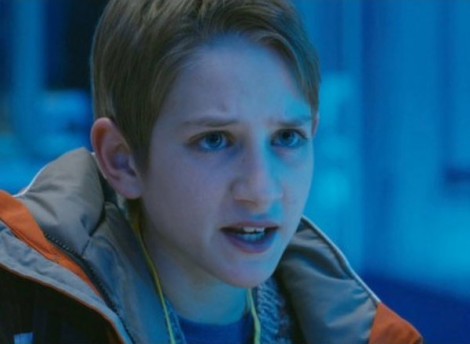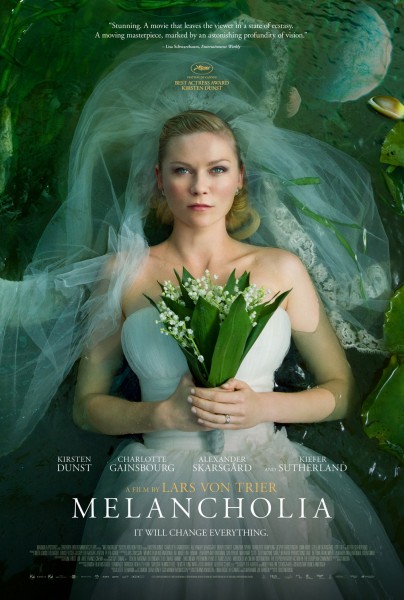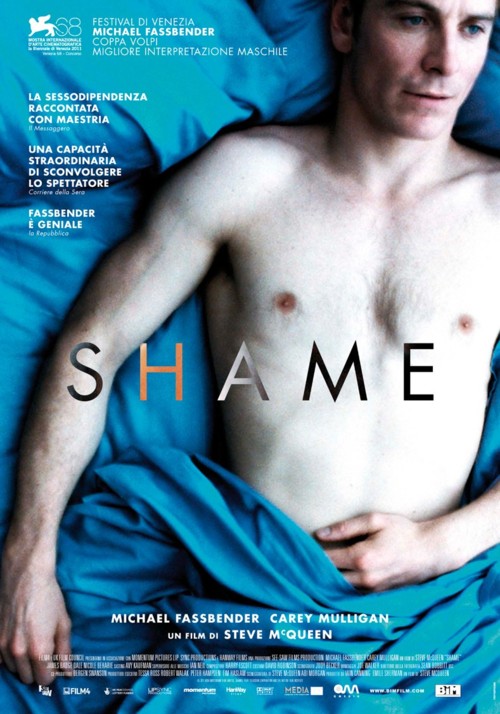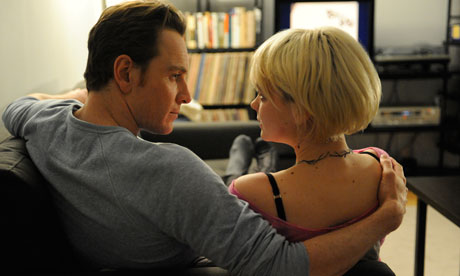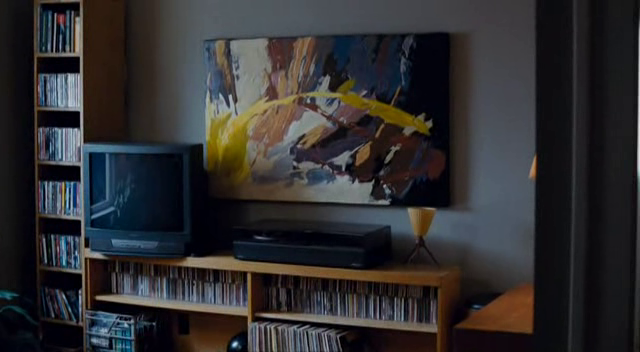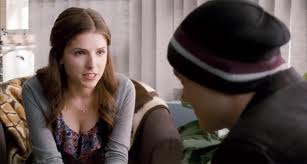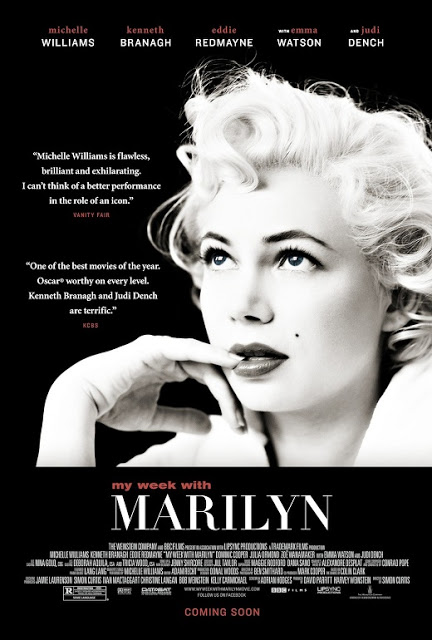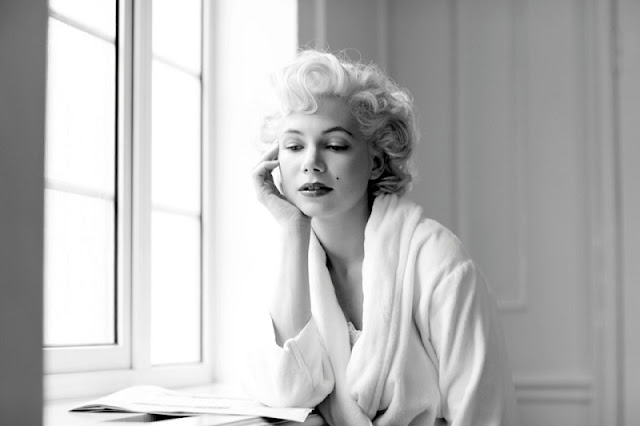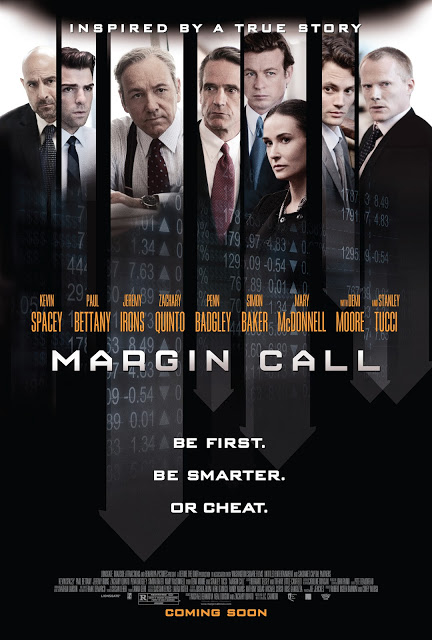 |
| Thomas (Tom Hanks) and Oskar (Thomas Horn) |
This is a guest post from Jennifer Kiefer.
Potential viewer beware: the trailer for this film is awful. Terrible. Even worse than Alexander’s terrible, horrible, no good, very bad day. But that’s because this film deals with, as young Oskar dubs it, “the worst day.” When I first saw the trailer, I hated it. I thought it would be an overblown, sentimentalization of 9/11. But it was way above that. (For the record, I hated the trailer, loved the book and film.) Even so, it would be immensely difficult for anyone to make a two-minute-or-less trailer of any film including the events of 9/11, because to not disclose that the event is involved would be to hoodwink and outrage viewers when they discovered this upon viewing the film, but to include it in such a short duration automatically leaves the impression of emotional warfare. Even the tagline is horrible, perhaps a desperate attempt to grab the potential viewer by the collar and shout, “Don’t you see! This film is not about September 11! It’s about every day after!”
A better tagline: “A boy’s search for his father.” Even: “Based on the novel by Jonathan Safran Foer.”
Of course, any piece of art (perhaps excluding documentaries) more than mentioning 9/11 will endure endless criticism, regardless of the usage or the piece’s merit, and this film is no exception. As opposed to a film like Remember Me, which uses the event really as a surprise ending—sorry if I spoiled that incredible film for you—Extremely Loud and Incredibly Close is, as the tagline pleads with you to believe, not necessarily a story about the events of the worst day. Yes, Oskar’s dad dies in the World Trade Centers. Yes, they show the buildings, but ninety percent of that is actual footage shown on television screens, and never once do they show a plane tearing into the building. In fact, the most exploitative thing about the movie’s portrayal is hazy shots of a man falling from the building, and only then because Oskar wonders whether that could have been his own father. “The other kids probably see their dads, too,” he says.
 |
| Thomas Horn as Oskar |
EL&IC is about Oskar’s journey to deal with his father’s death, to analyze the artifacts, to constantly question why or how someone could or would kill thousands of people he did not even know, but also about Oskar’s connection to the people of New York City as he searches for the missing lock which fits the key Oskar found in his father’s closet a year later. For a young boy who possibly has Asberger’s (“The tests were undetermined,” Oskar says), his father was his best friend. They look in the New York Times for mistakes together, they practice karate techniques and have oxymoron wars in the living room. His father created “Reconnaissance Missions,” which forced Oskar to talk to other people, which he says is hard for him to do. In the tragedy of his father’s death, he creates his own reconnaissance mission, even larger than anything his father could have imagined, proving that even in tragedy there is community.
Perhaps Oskar’s precociousness (some argue over-precociousness) and grieving sentimentalized his father’s death—the film can be very emotional in this young man’s personal tragedy (played beautifully by Thomas Horn, but more on that later), but it is also humorous and honest. But why shouldn’t a smart, questioning nine-year-old boy be sentimental, even overly so, about his father’s premature, sudden death? Any death of a parent at that age would be devastating, even a year or two afterwards. The film is most moving and honest in the scenes where Oskar remembers or simply misses his father, resulting in fear, explosive anger, and solitude.
But still, some people have called this the “worst movie ever.” First, that’s not possible because films like Absence of Malice and Open Water exist. Second, I would be surprised if these opinions were based on more evidence than “the film is about 9/11” (or “the kid’s demeanor annoyed me.”). It is such a recent wound for Americans that even a sensitive, well-made film such as EL&IC will invoke backlash and extreme criticism. It is surely a gutsy and risky topic.
Some have argued that the film would not be that changed had Oskar’s father died in another way, say an automobile accident. Sure, the story would still be honest and heart-wrenching and beautiful, but it wouldn’t be as meaningful. Here’s where I go English Major on you.
Oskar is constantly trying to make sense of this tragedy and his father’s death. One of the most moving and emotional scenes pits Oskar against his still-living mother, crashing the kitchen, yelling for her to make sense of it. But she cannot, and he tells her, “I wish it had been you.”
 |
| Oskar and his mother, Linda (Sandra Bullock) |
The tragedy of 9/11 holds much more meaning and complexity than an accident. What would it have shown about the human condition if his father died in a crash? Shit happens? Humans are really bad drivers? Bad luck? Oskar is conflicted, because the events of the worst day seem to prove that people are horrifying and everything is an unsafe target, yet in his search for the lock, his only clue being an envelope labeled “Black,” he finds that people can also be generous and surprising. Even though a very, extremely tragic event, 9/11 did unite the residents of NYC. Oskar similarly connects with this city a year later in his search, emphasizing once again that tragedy breeds community. Everyone Oskar meets, as he says, “has all lost someone,” sometimes sharing Oskar’s tragedy and sometimes not.
Oskar’s father wasn’t a regular worker in the World Trade Center—he was a jeweler who had a meeting at a popular coffee shop there on a higher floor for the view. Rather than being “emotional warfare,” (a term I have tossed in before) this serves to prove how the worst day affected everyone and anyone.
Not as much discussed in the film, the Renter, an unspeaking man living with Oskar’s grandmother, is a survivor of the Dresden bombings. The juxtaposition of both atrocious events confirms the inevitability of war and the violence of human nature, both events being essentially “pointless” in that both incidents killed innocent civilians for political purposes. What was that about a car accident being the same?
And simply plot-wise, other types of death would have made the artifact of the answering machine, with messages from his father on the worst day trying to reach someone at home, which Oskar replaces and hides, “Just like nothing ever happened,” more difficult, if not impossible, for Oskar to have.
This film is so gorged with symbolism (the food of English majors) that even each of Oskar’s little facts serves a deeper meaning—a story of a researcher who played recordings of dead elephants’ calls to relative elephants who recognized the calls, the eight minutes of light that would remain on Earth even if the sun went out, ad nauseum. I didn’t even attempt to process the symbolism of the name Black in the midst of everything else.
 |
| The Renter (Max von Sydow) and Oskar |
I promised you early on that this film incorporates humor. Jonathan Safran Foer is a pro at quirk, wherein some of the humor lies, though genuine. In his first novel, Everything is Illuminated, the main character is named Jonathan Safran Foer. The first and many chapters of the book are written in a broken translation of English by Alex, both funny and poignant. The driver believes he is blind. The novel EL&IC includes photographs, blank pages, pages with one sentence, pages blacked out from overwriting, and a flipbook in the back. The character of the Renter is typical of Foer’s signature quirk (can you have a signature on your second novel?)—he is a survivor of tragedy who has lost his words and cannot speak. He writes everything down in a daybook and even has “yes” and “no” tattooed on his palms.
Max von Sydow, as the Renter, has great comedic timing in his nonspeaking role. The people Oskar meets, his interactions with his father, the brief lies Oskar counts (“Why aren’t you in school?” “They said I know too much already.”) all produce genuine laughter, even after moments of potential, authentic tears. (Was it Vonnegut who said that laughter is a response to overwhelming tragedy in an essay about his own experiences in Dresden?)
Thomas Horn, in his first-ever role, carries the film with wonderful wit and beautiful pathos. Subtleties make his performance—his expressions during unspoken moments, his over-enunciation even when speed-talking (a quality of his possible Asberger’s?), the fear in his eyes as he rides the subway (an easy target in his eyes). The panic in his demeanor as he decides whether or not to cross a bridge. Sticking his key absently into stray locks at the locksmith shop. His performance is so good I was honestly surprised that this was his first role—Oskar is a complex, emotional, challenging character, and would be a difficult feat for any actor. Horn is honest and pretty amazing throughout, particularly convincing in the most affecting, most difficult scenes—pinching himself to cause bruises because he feels guilty, screaming because he has lost his father and cannot understand why, telling his mother that he wishes she had been the one to die. Though he was not nominated for Best Actor (why don’t they have a Breakthrough or Best Young Actor award?), his performance surely landed the film its nomination for Best Picture, which could not have been fueled solely by Max von Sydow.
 |
| Oskar and The Renter |
So, will it win the Oscar? Probably not, though for my money it deserves it, and the Academy did previously award the also-controversial Crash. It would be a tremendously exciting surprise, but don’t bet your house on it. Max von Sydow has a chance, perhaps based on his age—Alan Arkin said after his win for Little Miss Sunshine that he thought it was because he was getting older (though both are great performances).
If none of this has convinced you, if for no other reason, you should rest assured that this is a beautiful, premium film because my father, who is notorious for falling asleep in the darkness of the theater, stayed awake for the entire film during at 9:55 PM showing.
Jennifer Kiefer holds a BA in Creative Writing from Western Kentucky University. She currently resides in Louisville, Kentucky where she is using her former movie theater employee discount and waiting to hear back from graduate programs.


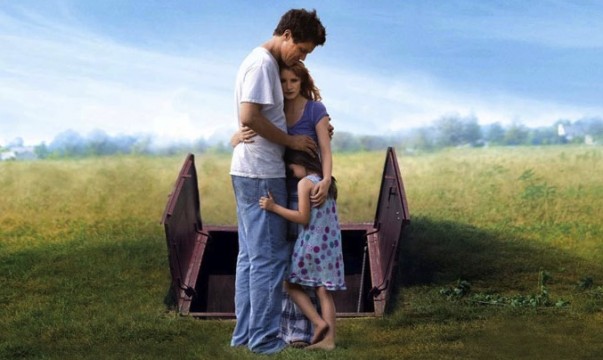
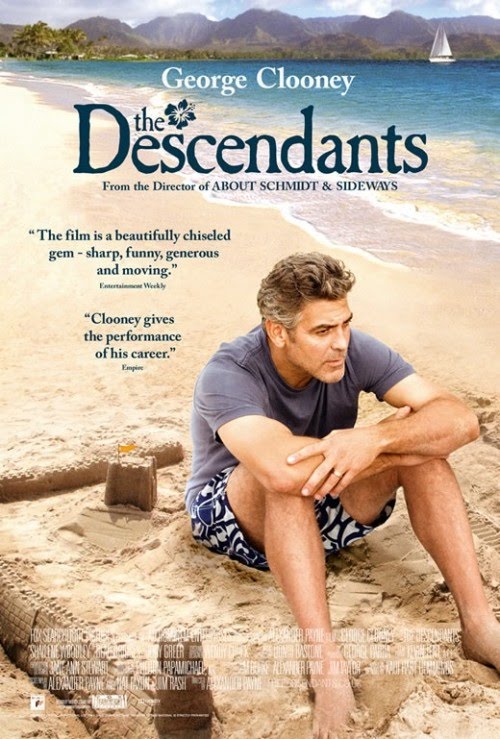

 and
and  . She’s published work in American Poetry Review, Ploughshares and The Best American Poetry series. She was awarded an NEA Fellowship in 2001 and a Breadloaf Fellowship in 2009. She has taught at UC Irvine and the University of Redlands and is a regional branch manager for OC Public Libraries in southern California.
. She’s published work in American Poetry Review, Ploughshares and The Best American Poetry series. She was awarded an NEA Fellowship in 2001 and a Breadloaf Fellowship in 2009. She has taught at UC Irvine and the University of Redlands and is a regional branch manager for OC Public Libraries in southern California.
